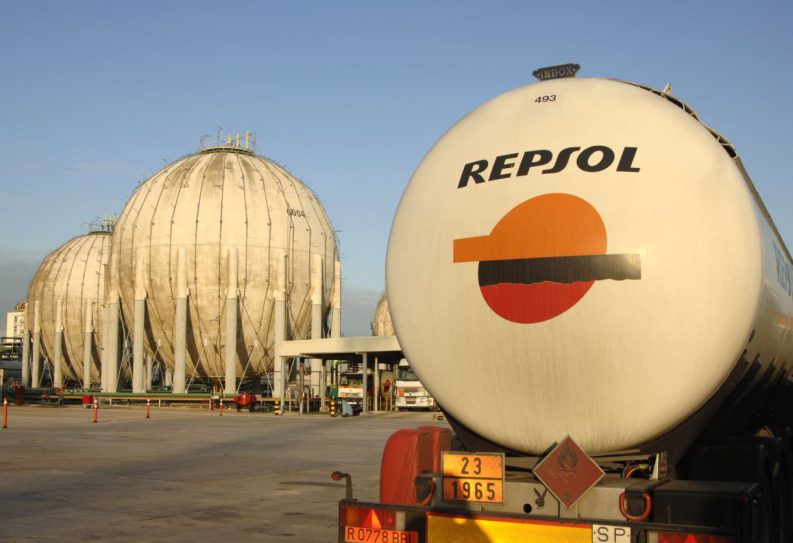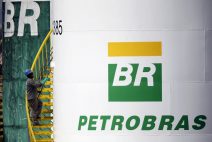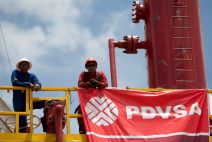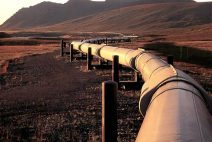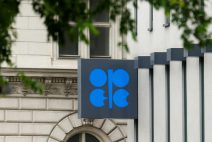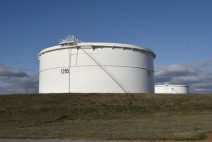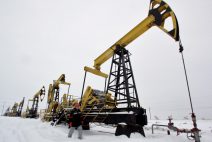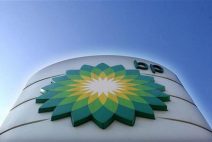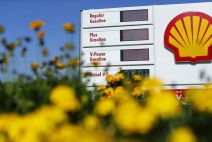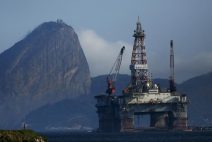Spanish oil company Repsol has begun producing oil in the Leon-Castile basin in the state of Louisiana, strengthening its footprint in the United States, a key region in its 2024–2027 strategic plan.
Production has started at a well in the Leon field, with two additional wells—one in Leon and one in Castile—expected to come online this year and two more scheduled for 2026, Repsol said in a statement.
The consortium, formed by Repsol, LLOG Exploration Offshore, and O.G. Oil & Gas, is pursuing a project that “adds significant long-term energy production in the United States and reflects Repsol’s strong commitment to a key investment region for its exploration and production business,” the Spanish company said.
Repsol holds a 50% stake in Leon and 35.62% in Castile, as well as 2.5% in the floating production unit Salamanca, which has an initial operating capacity of 60,000 barrels of oil per day and 40 million cubic feet of gas per day.
The Leon-Castile project operates through the Salamanca floating platform, the first such facility to be refurbished in the U.S. Gulf, achieving an estimated 87% reduction in emissions compared with building a new one.
In the United States, Repsol has exploration and production assets in Texas, Pennsylvania, Alaska, and the Gulf of Mexico. It also has 1,400 megawatts (MW) of installed solar generation and storage capacity in Texas and New Mexico, and more than 20 GW of renewable energy under development across 13 states.
The company also operates an extensive crude, products, and natural gas marketing and trading network in the country, where it employs nearly 800 people and has invested more than $24 billion since 2008 across all its business lines.
